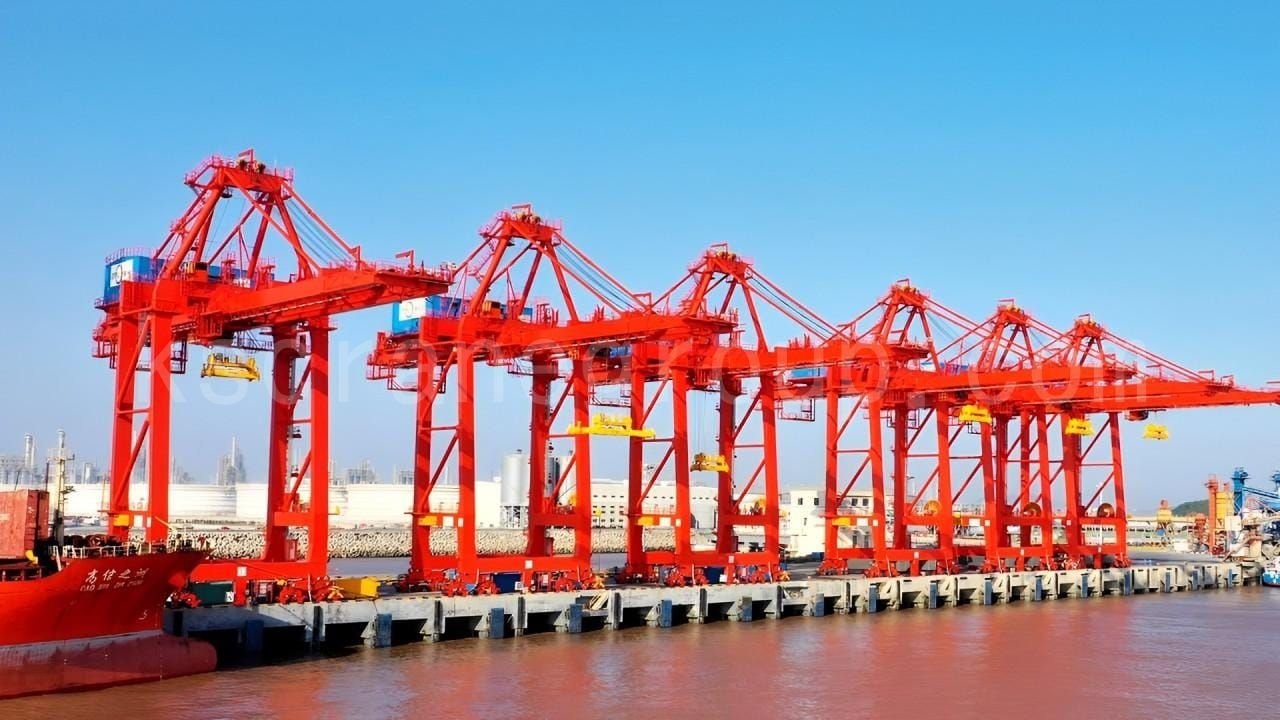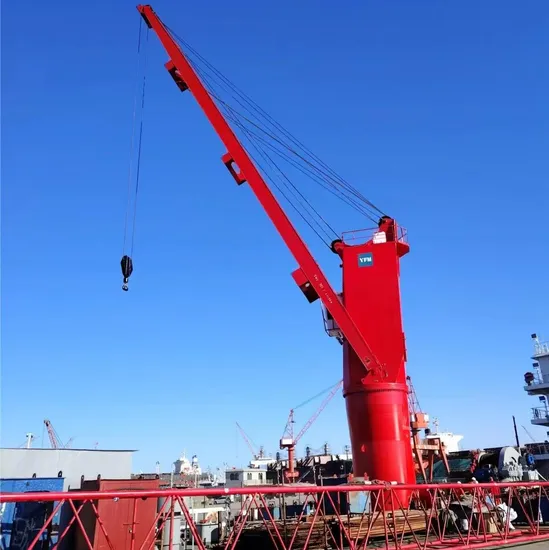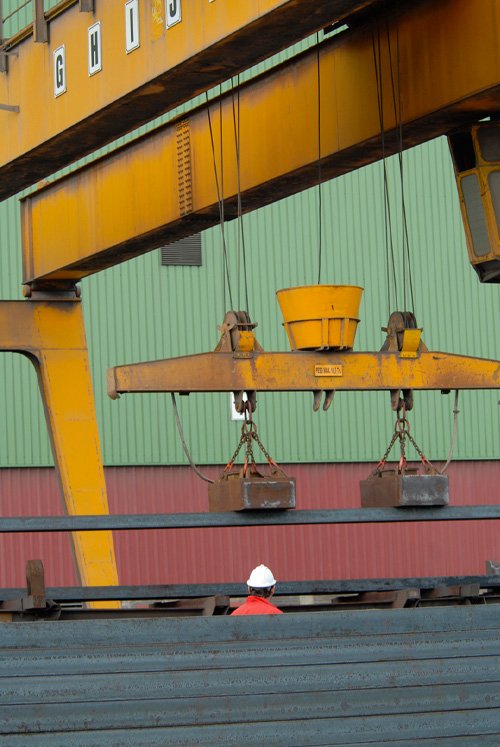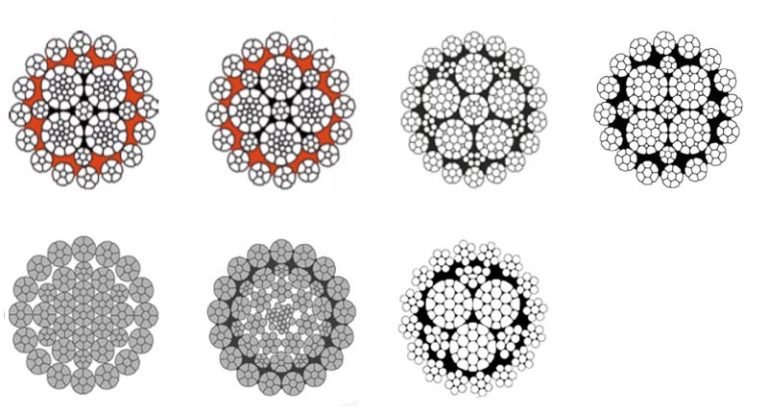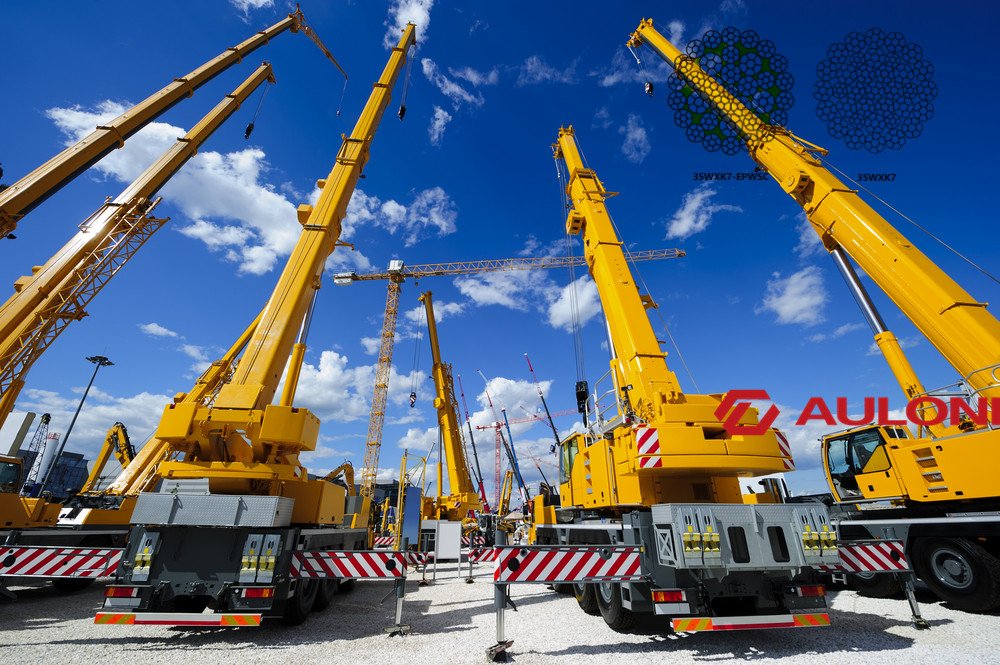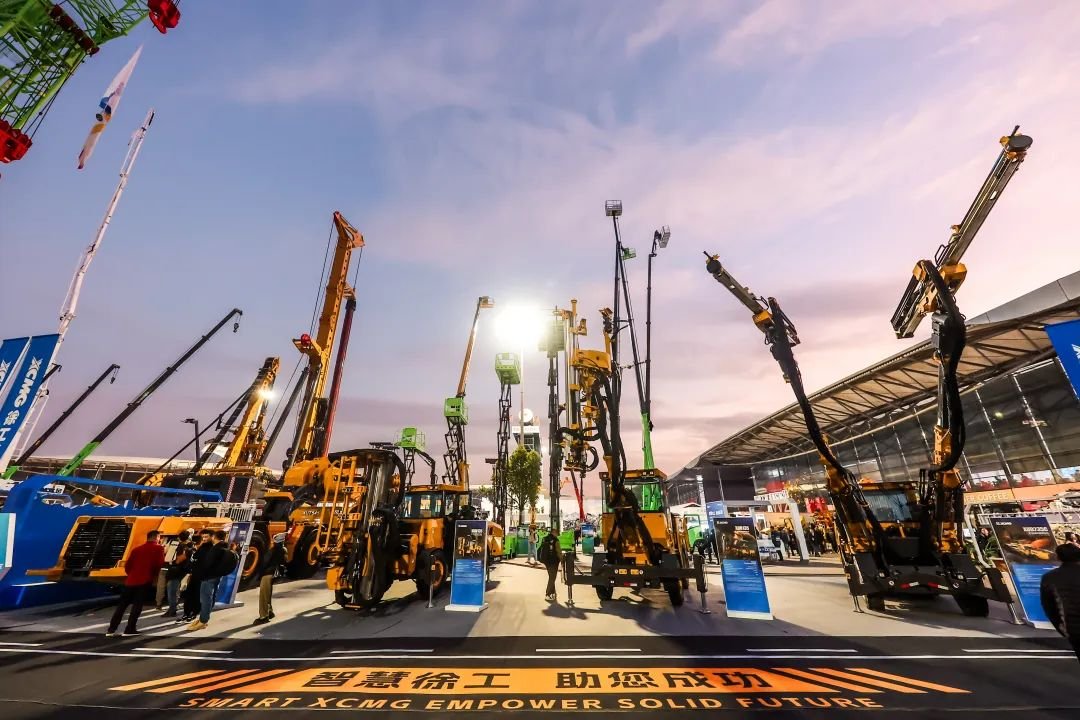Synthetic ropes are versatile and widely used in various applications, including arborist work and mooring operations. Here’s a detailed look at their roles in these contexts:
Arborist Rope:
- Material Composition:
- Polyester or Nylon: These materials are commonly used due to their excellent strength-to-weight ratio, flexibility, and resistance to UV rays and abrasion. Nylon ropes offer elasticity, which absorbs shock well, while polyester ropes are known for their low stretch and durability.
- Key Features:
- High Strength: Arborist ropes are designed to support the weight of arborists during tree climbing and rigging operations.
- Flexibility: Allows for easy handling and maneuverability around branches and obstacles.
- Grip and Handling: Provides a secure grip for safe climbing and rigging tasks.
- UV and Abrasion Resistance: Maintains integrity and durability in outdoor environments, prolonging lifespan.
- Applications:
- Tree Climbing: Essential for arborists to ascend, descend, and move among tree branches safely.
- Rigging: Used for controlled lowering of branches and sections of trees to minimize damage to property and surroundings.
Mooring Rope:
- Material Composition:
- Polypropylene, Polyester, or Polyethylene: These synthetic fibers are chosen for their strength, buoyancy, resistance to water absorption, UV degradation, and durability in marine environments.
- Key Features:
- High Load Capacity: Capable of withstanding heavy loads without excessive stretching, ensuring secure mooring of vessels.
- Weather Resistance: Maintains performance in saltwater environments, resisting corrosion and degradation.
- Buoyancy: Some types like polypropylene and polyethylene are naturally buoyant, making them suitable for buoy lines and temporary mooring.
- Applications:
- Dockside Mooring: Secures vessels to docks during loading, unloading, and passenger embarkation, ensuring stability.
- Buoy Mooring: Attaches vessels to buoys for anchorage in harbors, channels, or offshore areas.
- Ship-to-Ship Mooring: Connects vessels for safe transfer of cargo and personnel at sea, requiring robust and reliable ropes.
Synthetic ropes in both arborist and mooring applications are chosen for their specific material properties that provide strength, durability, and resistance to environmental factors crucial for safe and efficient operations. Their versatility makes them indispensable tools in industries where reliability and performance under challenging conditions are paramount.

